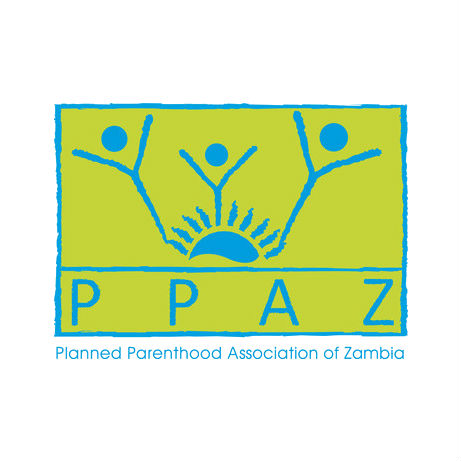
| 23 January 2025
Bandhu Social Welfare Society
Bandhu Social Welfare Society(Bandhu) is a community led organization which was founded in 1996 and formally registered with the Ministry of Social Welfare (MOSW) and the NGO Affairs Bureau in July 1997. Bandhu’s Mission Bandhu works towards ensuring a dignified life for gender diverse populations by protecting human rights, promoting a sustainable livelihood, improving access to quality health care including SRHR, and enhancing access to social security and gender justice. Bandhu’s Vision Bandhu envisions a society where people from all gender identities are enjoying quality life. Bandhu’s Core Values Gender Diversity: Bandhu is committed to value gender diverse population in all their diversities i.e. class, age, religion, ethnicity, culture, language, caste, class, HIV status, profession, identity and convictions by integrating an intersectional approach. Confidentiality: Bandhu respects the right to privacy and confidentiality of gender diverse populations, including their defenders. Quality of Care (Service): Bandhu aims to promote and provide Quality of Care in services that are built on principles of gender equality & equity, inclusiveness 25 and human rights. These services should be non-discriminatory and non-judgmental. Transparency, accountability and Good Governance: Bandhu works on principles of transparency, openness, accountability and integrity. Reduce inequality and discrimination: Our commitment is to reduce stigma and discrimination in all its forms. Innovation: We are committed to learn from past experience and wisdom of others in order to innovate and improve our efforts.

| 31 March 2016
Planned Parenthood Association of Zambia
The Planned Parenthood Association of Zambia (PPAZ) was created in 1972. Then, it was dedicated to the promotion of family planning services. Over the years, it has evolved into a major service provider and advocacy body, with significant input into government policy on sexual and reproductive health (SRH) issues. Services offered include family planning, voluntary counselling and testing (VCT) for HIV, the treatment of sexually transmitted infections (STIs), antenatal and post-natal care, emergency contraceptive provision, laboratory tests, and screening. PPAZ refers clients on for additional services including prevention of mother-to-child transmission (PMTCT), antiretroviral treatment and home-based care. The organization operates 3 static clinics, 11 mobile units and 10 community-based services (CBSs). It has a full-time staff of 34, backed by 1,300 volunteers which include over 200 community-based distributors (CBDs) and 398 peer educators. In total, PPAZ runs 229 service points. PPAZ places a strong emphasis on HIV and AIDS prevention and treatment: as the statistics show, HIV prevalence rates are exceptionally high in Zambia. PPAZ has worked intensively on integrating gender and empowerment perspectives into HIV prevention. It has undertaken behaviour change communication projects directed at young people, both in and out of school settings, and it’s taken similar projects out to rural communities. PPAZ partners extensively with non-governmental organizations (NGOs), particularly those involved in youth and HIV and AIDS work. It receives financial support from Care international, UNICEF, the Japanese Organisation for Cooperation in Family Planning (JOICEP), Forum RFSU and IPPF’s Japan Trust Fund.
| 23 January 2025
Population Services and Training Center
Population Services and Training Center (PSTC) is the inheriting organization of Family Planning Services and Training Center (FPSTC) which was created by a government order in 1978. It is - a non-government, not-for-profit voluntary organization registered with the Department of Social Services in 1995 and with NGO Affairs Bureau in 1996 affiliated with Directorate General of Family Planning in 1997 declared as the inheriting organization of FPSTC by the Ministry of Health and Family Welfare in 1997. PSTC has been working for the improvement and uphold the standard of livelihoods of poor and socially disadvantaged people by undertaking various programs and projects particularly, health services focused projects around the country.







